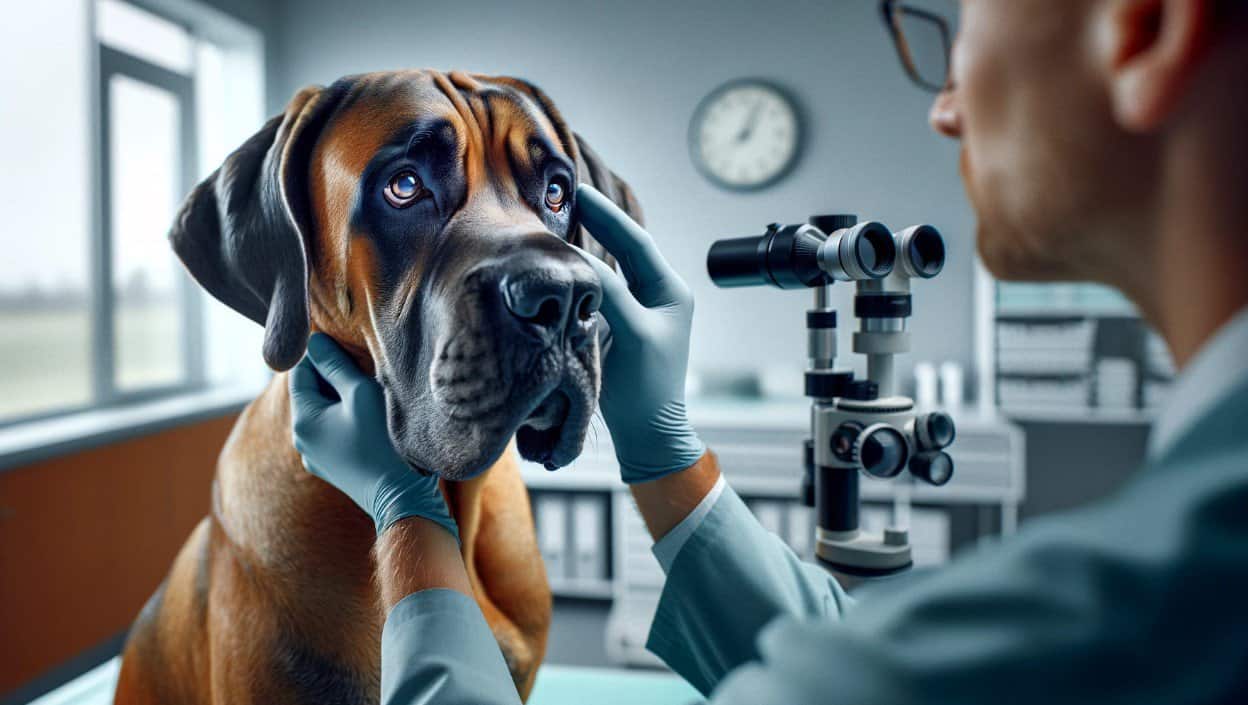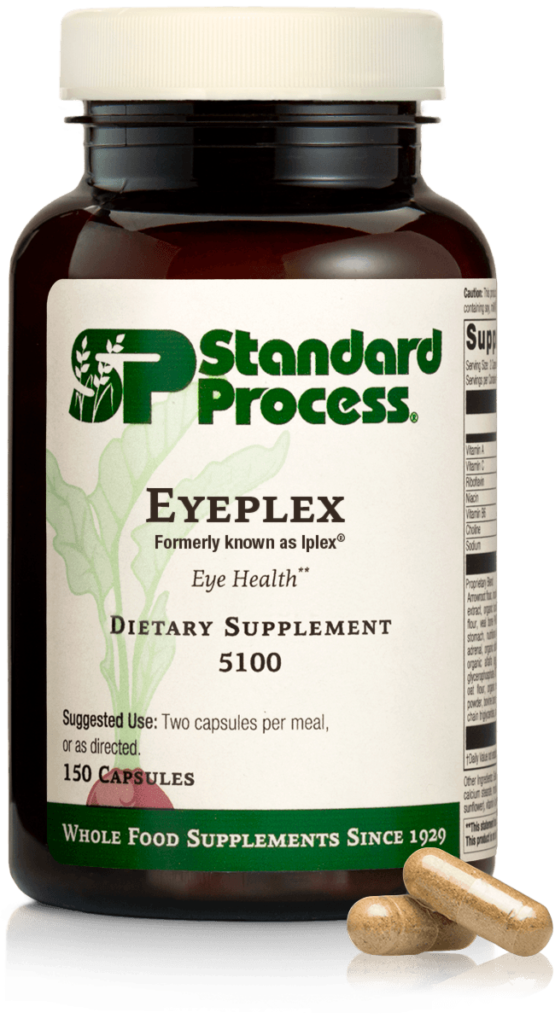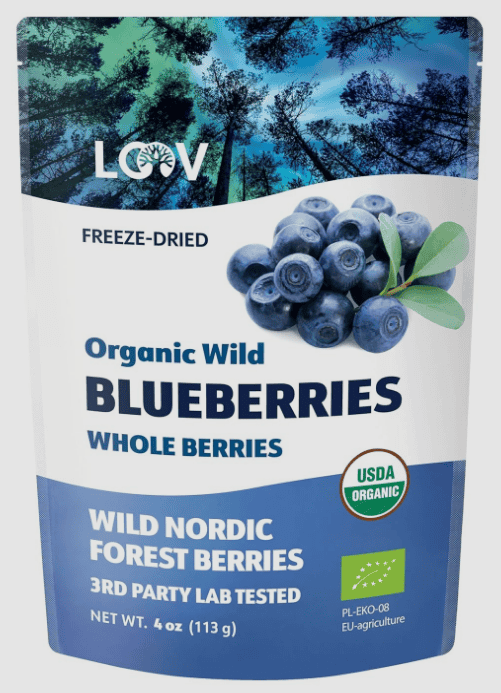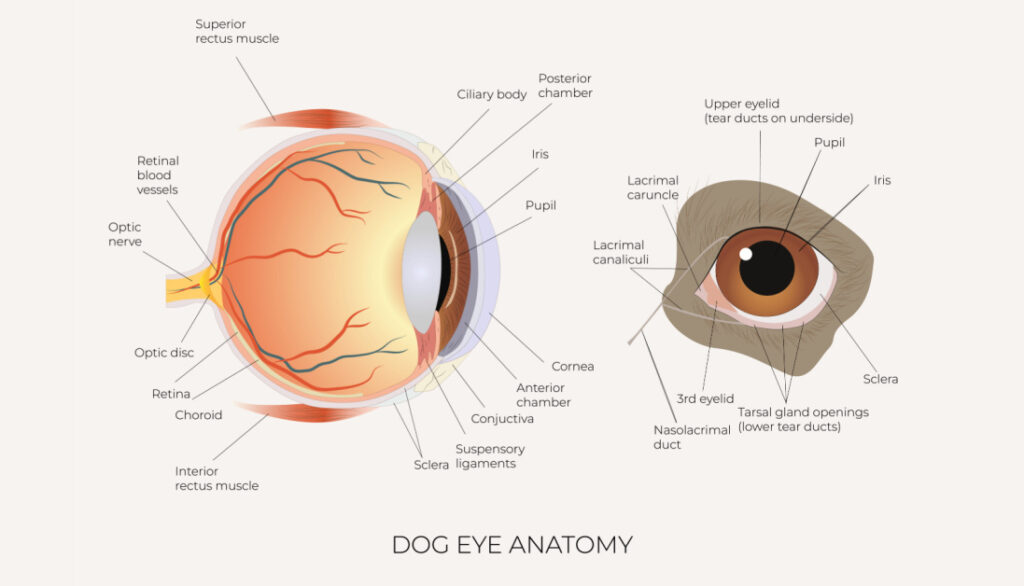As a holistic veterinarian and a dog lover, I understand how important it is to ensure the health of our furry friends. One of the often overlooked aspects of dog health, especially in specific breeds, is eye health. Today, we’re going to focus on Broholmer Eye Health.
The Broholmer, a majestic breed hailing from Denmark, is known for its strength and friendly nature. But like every breed, they have their own specific health concerns, and eye health is one of them. It’s crucial to understand the unique structure of Broholmer eyes to identify potential problems early and provide the best care possible.
From common eye issues in Broholmers to prevention strategies, we’ll cover everything you need to know about Broholmer Eye Health. We’ll also touch on the importance of a holistic diet, environmental hygiene, and routine eye care to maintain the health of your Broholmer’s eyes. So, if you’re a Broholmer parent or planning to become one, this guide is for you.
Remember, our four-legged friends depend on us to keep them healthy and happy. So let’s dive right in and learn more about Broholmer Eye Health!

Understanding Breed Specific Eye Structure
As a dedicated Broholmer parent, you know that your dog’s eyes are one of their most expressive features. But did you know that understanding your Broholmer’s unique eye structure can play a vital role in maintaining their overall eye health? This knowledge can help you identify potential issues early and take appropriate preventative measures.
Broholmers, like other large breed dogs, have somewhat prominent eyes, making them more susceptible to certain eye conditions. Their eyes are generally medium-sized and oval-shaped, with a clear, bright look that reflects their keen intelligence and gentle nature. The color of their eyes typically ranges from amber to dark brown, complementing their warm, friendly expressions.
One of the unique features of Broholmer eyes is their eyelids. They are well-fitted to the eyeball and don’t droop excessively, which is a common trait in some other large breeds. This characteristic helps to prevent the accumulation of dirt and debris, reducing the risk of infections and other eye problems. However, it’s still important to keep an eye out for any changes in their eye appearance or behavior, as these could indicate underlying health issues.
For instance, if you notice that your Broholmer’s eyes are red, swollen, or have discharge, it may be a sign of an eye infection or other disease. Similarly, cloudiness in the eyes could be an early symptom of cataracts, a common eye problem in Broholmers. Understanding these unique breed-specific eye features can help you to better monitor your Broholmer’s eye health and seek veterinary assistance when needed.
But don’t worry, being aware of your Broholmer’s eye structure and potential risks doesn’t mean you need to be constantly on high alert. It’s all about being an informed and proactive pet parent. By knowing what’s normal for your Broholmer’s eyes, you’ll be better equipped to spot any changes that might warrant a closer look or a trip to the vet. After all, your Broholmer’s eyes aren’t just the windows to their soul, but also a key indicator of their overall health.
Remember, maintaining your Broholmer’s eye health is crucial for their quality of life. So, take the time to understand their unique eye structure and keep an eye out for any changes. Your Broholmer will thank you with those clear, bright eyes full of love and trust.
Common Eye Issues in Broholmer
As a veterinarian, I’ve encountered numerous instances of Broholmer Eye Health concerns. This breed is prone to a variety of eye issues. Let’s dive into a few of them:
- Entropion: This is a condition where the eyelid rolls inward, causing the lashes to rub against the cornea. It can lead to discomfort, tearing, and potentially serious damage to the eye.
- Ectropion: This is the opposite of entropion, where the eyelid rolls outward. This exposes the sensitive inner eyelid, leading to irritation and infections.
- Cherry Eye: This occurs when the gland of the third eyelid swells and protrudes from the eye. It looks like a red, cherry-like lump in the corner of the eye.
- Progressive Retinal Atrophy (PRA): This is a degenerative disease that causes the retina to deteriorate over time, leading to eventual blindness.
- Cataracts: These are cloudy or opaque areas in the eye’s lens, which can impair vision and may eventually lead to blindness if left untreated.
Each of these conditions can significantly impact Broholmer Eye Health. It’s important to be aware of these potential issues and to monitor your Broholmer’s eyes regularly for any signs of abnormality.
While some of these conditions may be genetic and unavoidable, others can be prevented or managed with proper care and attention. Regular check-ups with your vet can help to catch any potential problems early, before they develop into more serious conditions.
Remember, your Broholmer’s eye health is a crucial part of their overall well-being. Keeping a close eye on their eyes can help to ensure they lead a happy, healthy life.
Signs To Watch For
If you notice any of the following symptoms, it could indicate an eye problem in your Broholmer:
- Excessive tearing or discharge
- Redness or swelling
- Squinting or blinking excessively
- Changes in eye color or clarity
- Visible third eyelid or “cherry eye”
If you notice any of these signs, it’s important to seek veterinary care as soon as possible to protect your Broholmer’s eye health. Remember, early detection and treatment are key to managing most eye conditions effectively.

Nourishing Your Broholmer’s Vision: Essential Nutrients for Eye Health
Ensuring your Broholmer gets the right nutrients for optimal eye health is essential for maintaining clear vision and preventing age-related issues. Natural, nutrient-rich foods and supplements can play a key role in supporting their eyesight. From vitamin A-packed freeze-dried liver treats to antioxidant-rich blueberries and targeted supplements like Eyeplex by Standard Process, there are several ways to nourish your dog’s eyes. In this section, we’ll explore how these powerful ingredients contribute to long-term vision health and overall well-being.
Eyeplex by Standard Process
Eyeplex by Standard Process is a specialized supplement designed to support your Broholmer’s eye health with a blend of essential nutrients. Formulated with key vitamins, minerals, and antioxidants, Eyeplex helps protect against oxidative stress, supports retinal function, and promotes overall vision health. Ingredients like vitamin A, vitamin C, and zinc contribute to maintaining strong eyesight, while whole food ingredients provide additional phytonutrients for cellular protection. Adding Eyeplex to your Broholmer’s diet can be especially beneficial for aging dogs or breeds prone to eye conditions, offering targeted nutritional support to keep their vision sharp and healthy for years to come.

Freeze-Dried Blueberries
Freeze-dried blueberries are a powerhouse of antioxidants that can help protect your Broholmer’s eyes from oxidative stress and age-related damage. Rich in vitamins C and E, as well as anthocyanins, these tiny but mighty berries help combat free radicals that can contribute to eye diseases like cataracts and macular degeneration. Incorporating freeze-dried blueberries into your dog’s diet provides a natural and delicious way to support retinal health, reduce inflammation, and promote overall vision longevity. Plus, they’re a low-calorie, dog-friendly treat that makes a great addition to a balanced diet for long-term eye health.

Freeze-Dried Liver
Freeze-dried liver treats are an excellent natural source of vitamin A, an essential nutrient for your Broholmer’s eye health. Vitamin A plays a crucial role in maintaining good vision, especially in low-light conditions, while also supporting overall immune function and skin health. Since liver is rich in bioavailable vitamin A, incorporating freeze-dried liver treats into your dog’s diet provides a convenient and nutritious way to promote optimal eye function. Just be sure to feed them in moderation, as excessive vitamin A can lead to toxicity. Adding these nutrient-packed treats to your pup’s routine is a simple, tasty way to support their long-term vision and well-being!

Environmental Hygiene To Reduce Eye Problems
Just as with humans, the environment in which your Broholmer lives can significantly affect their eye health. By maintaining a clean and healthy environment, you can help prevent many eye-related issues. Here are some crucial aspects to consider.
Indoor Air Quality
Indoor air quality is a significant factor in your Broholmer’s overall health, including their Broholmer Eye Health. Dust, dander, and other airborne irritants can cause eye irritation, leading to conditions like conjunctivitis. Regularly clean your home, especially areas where your Broholmer spends most of its time. Use air purifiers and regularly change your air conditioning filters to maintain clean air.
- Ensure good ventilation: Keep your windows open as much as possible to allow fresh air in.
- Avoid smoking indoors: Tobacco smoke can irritate your Broholmer’s eyes and lead to eye health issues.
Sprays, Diffusers, Candles, Incense
Many household items like sprays, diffusers, candles, and incense can also affect your Broholmer’s eye health. Strong fragrances and smoke from these items can cause eye irritation. It’s best to use these items sparingly, and always in a well-ventilated area.
- Choose pet-friendly products: Some products are specifically designed to be safe for pets. Look for these when shopping for home fragrances.
- Keep items out of reach: Ensure that your Broholmer cannot directly access these items to avoid direct eye contact.
Remember, maintaining a clean and safe environment is a vital part of preserving your Broholmer’s eye health. By reducing potential irritants in your home, you can help prevent many common eye issues and ensure your Broholmer’s eyes stay bright and healthy.

Routine Broholmer Eye Care & Maintenance
As a dog parent, maintaining your Broholmer’s eye health should be a top priority. This includes both daily and weekly care routines, as well as keeping an eye on their overall hygiene. Let’s look at some of the key aspects of routine Broholmer eye care and maintenance.
Daily & Weekly Care & Maintenance
For daily care, it’s essential to check your Broholmer’s eyes for any signs of redness, discharge, or cloudiness. These could be signs of an infection or disease. Use a damp cloth or a dog-friendly eye wipe to gently clean the area around the eyes, removing any crust or discharge.
On a weekly basis, you should be doing a more thorough check. Look for any changes in the eyes’ appearance, such as changes in color or shape. If you notice anything unusual, it’s best to contact your vet immediately. Your Broholmer’s eyes are delicate, and any issues should be addressed as soon as possible to prevent further complications.
Monitoring Hair Length, Nail Length, and Bath Frequency
Other aspects of your Broholmer’s hygiene can also affect their eye health. For example, long hair can irritate the eyes and potentially lead to infections. Regular grooming and trimming around the eyes can help prevent this.
Nail length is also important. Broholmer dogs are large and active, and long nails can lead to injuries, including scratching their own eyes. Regular nail trims will help prevent such incidents.
Lastly, consider your Broholmer’s bath frequency. While bathing can help keep your dog clean and free from potential irritants, too frequent baths can strip the skin of essential oils and cause dryness and irritation, including around the eyes.
Remember, every dog is unique, and what works for one Broholmer may not work for another. It’s always best to consult with your vet to create a customized eye care routine that suits your dog’s specific needs. With proper care and attention, you can help ensure your Broholmer’s eye health is at its best.
Frequently Asked Questions
1. What are common eye conditions that can affect Broholmers?
Common eye conditions that can affect Broholmers include entropion, ectropion, cataracts, progressive retinal atrophy (PRA), and cherry eye.
2. How can I identify if my Broholmer has an eye problem?
Look out for symptoms such as redness, excessive tearing, discharge, cloudiness, squinting, or changes in the appearance of the eye. If you notice any of these signs, it is recommended to consult a veterinarian for a proper diagnosis.
3. Can eye conditions in Broholmers be treated?
Yes, many eye conditions in Broholmers can be treated. The treatment options depend on the specific condition and its severity. Some conditions may require medication, while others may require surgical intervention.
4. How can I prevent eye problems in my Broholmer?
Regular veterinary check-ups are essential to monitor your Broholmer’s eye health. Additionally, keeping the eyes clean and free from debris, avoiding exposure to irritants, and providing a balanced diet with necessary nutrients can help maintain good eye health.
5. Should I breed my Broholmer if it has a history of eye problems?
If your Broholmer has a history of eye problems, it is advisable to consult with a veterinarian and a reputable breeder. They can provide guidance on whether breeding is suitable and help ensure that potential offspring are not at a higher risk of inheriting eye conditions.
